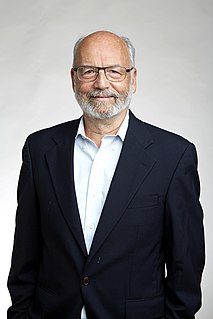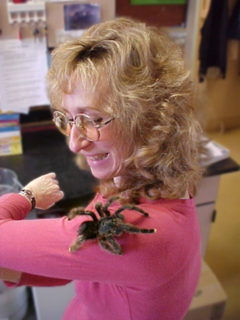A Quote by Socrates
If all the misfortunes of mankind were cast into a public stack in order to be equally distributed among the whole species, those who now think themselves the most unhappy would prefer the share they are already possessed of before that which would fall to them by such a division.
Related Quotes
It is a celebrated thought of Socrates, that if all the misfortunes of mankind were cast into a public stock, in order to be equally distributed among the whole species, those who now think themselves the most unhappy would prefer the share they are already possessed of, before that which would fall to them by such a division. [as they realise their problems could be worse!]
It put me upon reflecting how little repining there would be among mankind at any condition of life, if people would rather compare their condition with those that were worse, in order to be thankful, than be always comparing them with those which are better, to assist their murmurings and complaining.
Property is surely a right of mankind as real as liberty. Perhaps, at first, prejudice, habit, shame or fear, principle or religion, would restrain the poor from attacking the rich, and the idle from usurping on the industrious; but the time would not be long before courage and enterprise would come, and pretexts be invented by degrees, to countenance the majority in dividing all the property among them, or at least, in sharing it equally with its present possessors.
Do not talk about giftedness, inborn talents! One can assume great men of all kinds who were very little gifted. They acquired greatness, became “geniuses” (as we put it), through qualities the lack of which no one who knew what they were would boast of: they all possessed that seriousness of the efficient workman which first learns to construct the parts properly before it ventures to fashion a great whole; they allowed themselves time for it, because they took more pleasure in making the little, secondary things well than in the effect of a dazzling whole.
You would think, wouldn’t you, that if you were the child of a happy marriage, then you ought to have a better than average marriage yourself – either through some genetic inheritance or because you’d learnt from example? But it doesn’t seem to work like that. So perhaps you need the opposite example – to see mistakes in order not to make them yourself. Except this would mean that the best way for parents to ensure their children have happy marriages would be to have unhappy ones themselves. So what’s the answer?
It was not that I disliked people; some of them were interesting and kind. But even the nice ones were no more compelling or important to me than other creatures. Then, as now, to me humans are but one species among billions of other equally vivid and thrilling lives. I was never drawn to other children simply because they were human. Humans seemed to me a rather bullying species, and I was on the side of the underdog.
I am now the most miserable man living. If what I feel equally distributed to the whole human family, there would not be one cheerful face on the earth. Whether I shall ever be better, I cannot tell; I awfully forebode I shall not. To remain as I am is impossible. I must die or be better, it appears to me.
While ants exist in just the right numbers for the rest of the living world, humans have become too numerous. If we were to vanish today, the land environment would return to the fertile balance that existed before the human population explosion. Only a dozen or so species, among which are the crab louse and a mite that lives in the oil glands of our foreheads, depend on us entirely. But if ants were to disappear, tens of thousands of other plants and animal species would perish also, simplifying and weakening land ecosystems almost everywhere.
The bigger problem still is that it determines in many ways what movies get made in the first place. Because as sources of finance are considering a project, they ask themselves, "Does this lend itself to a simplistic marketing approach which will guarantee a big opening weekend?" As a movie-goer, I think that's tragic, because when you look back at those movies that made us fall in love with movies in the first place, most of them were not high-concept, and most of them would not have "won their weekend."
Education is here placed among the articles of public care, not that it would be proposed to take its ordinary branches out of the hands of private enterprise, which manages so much better all the concerns to which it is equal, but a public institution can alone supply those sciences which, though rarely called for, are yet necessary to complete the circle, all the parts of which contribute to the improvement of the country, and some of them to its preservation.








































